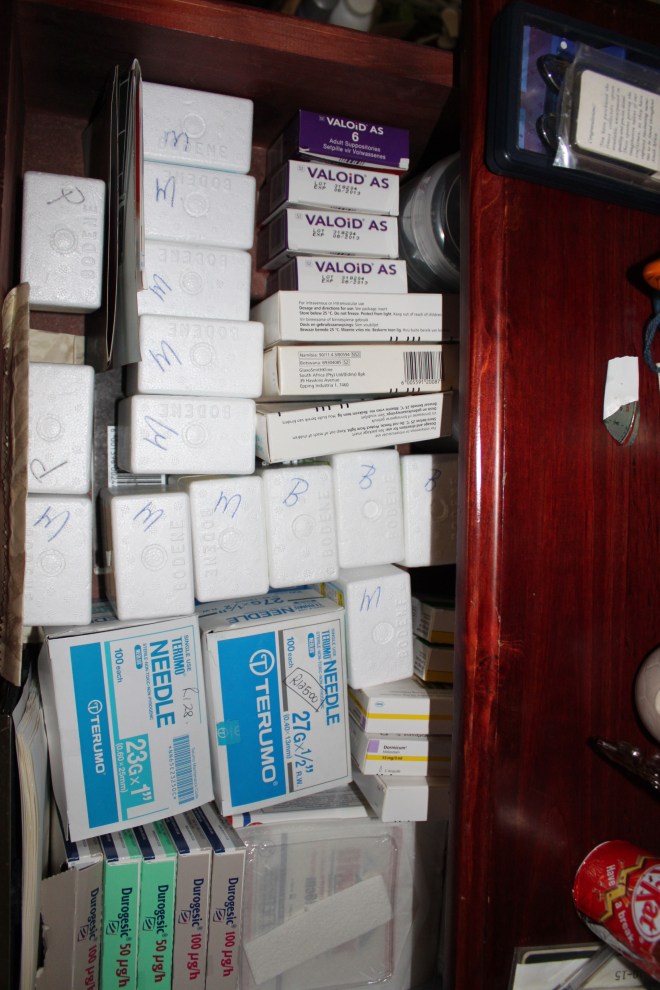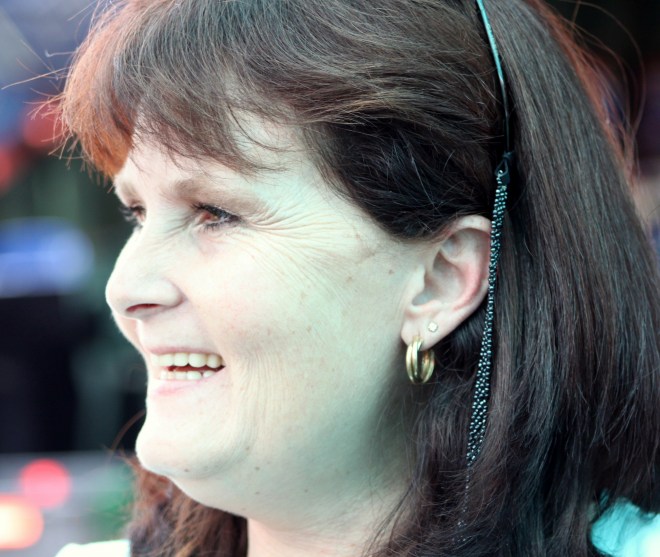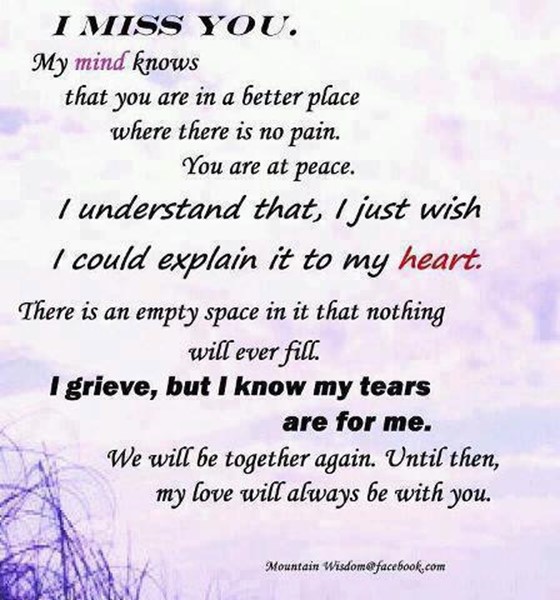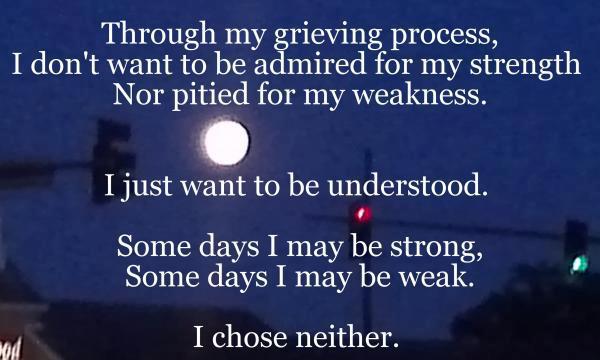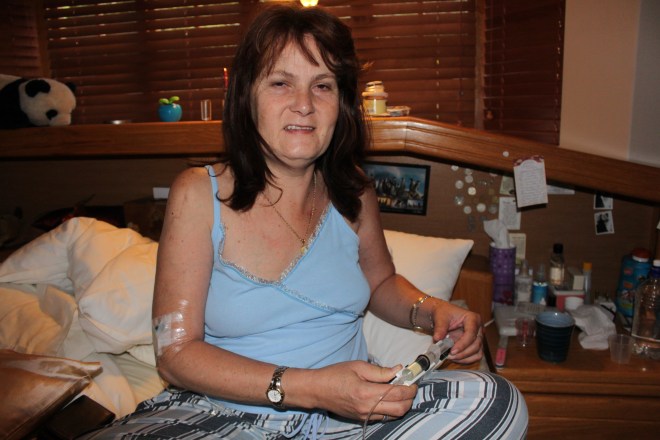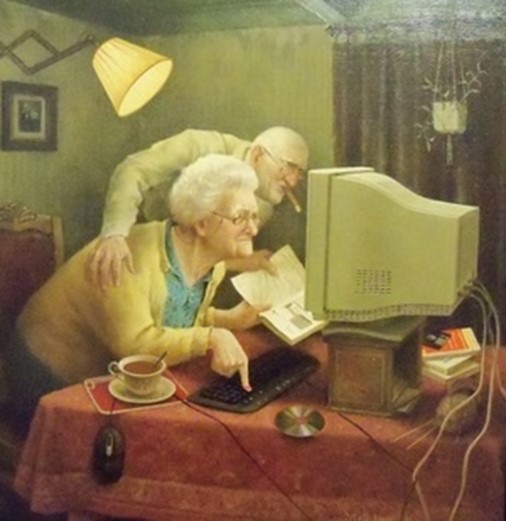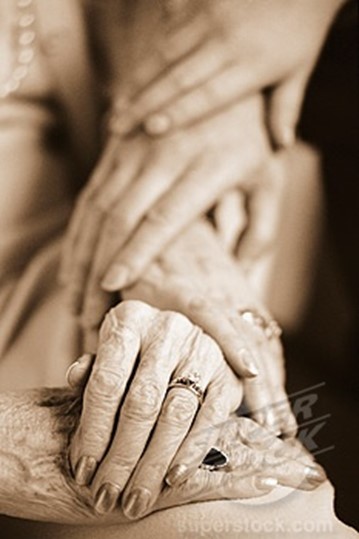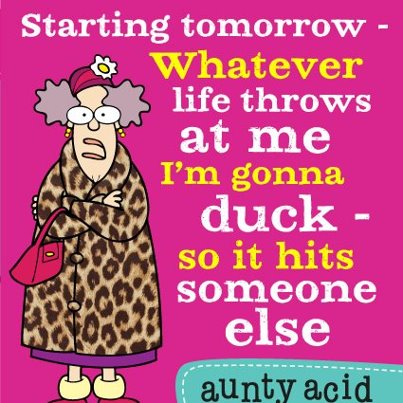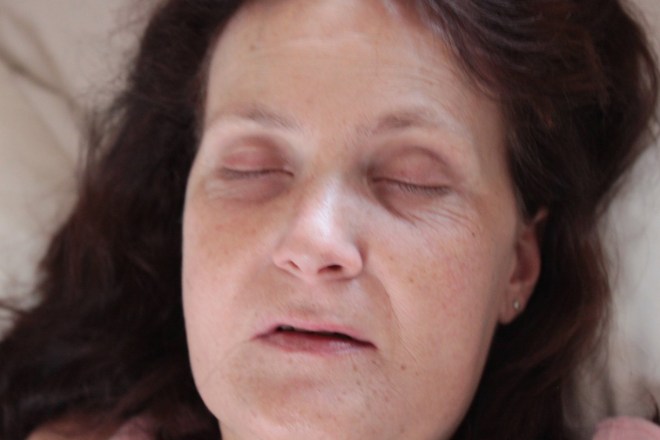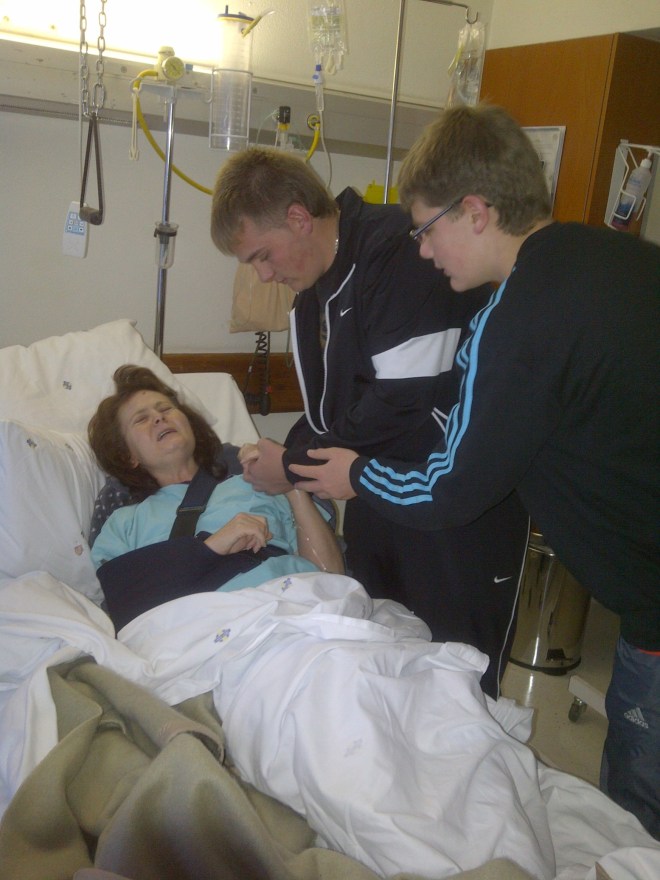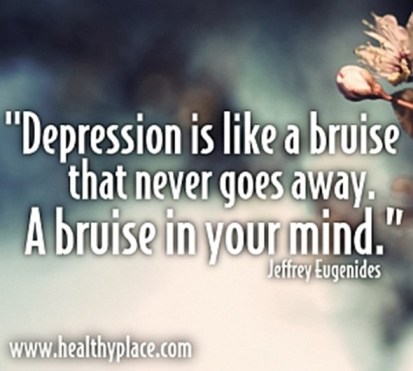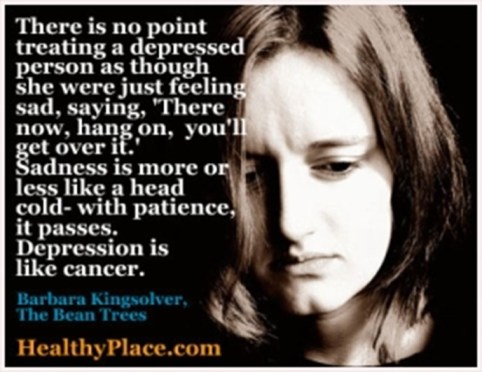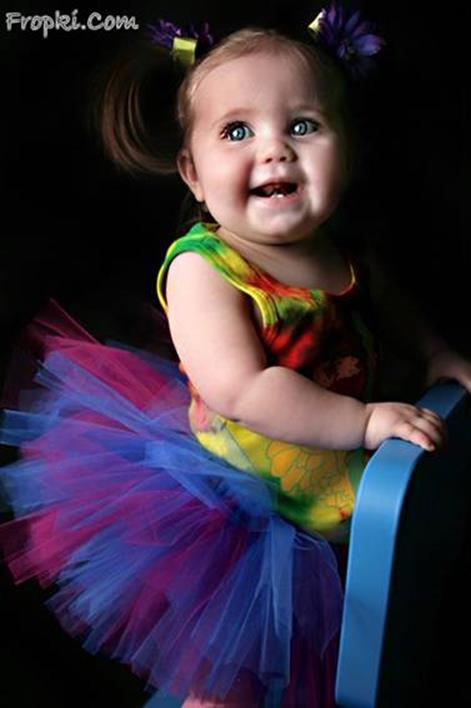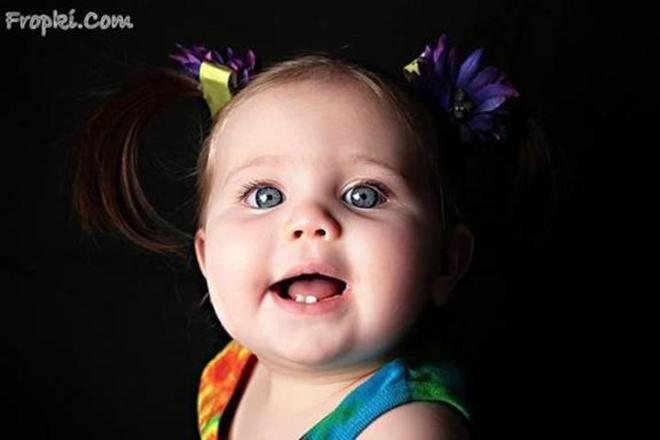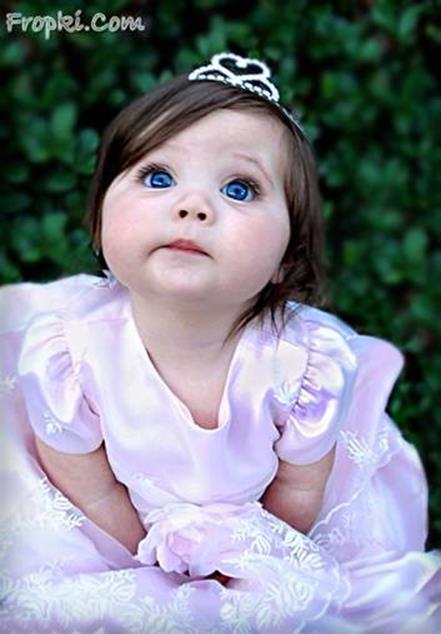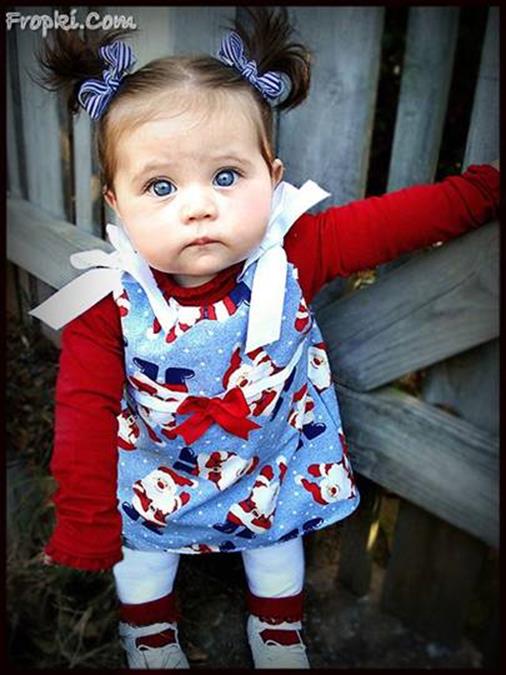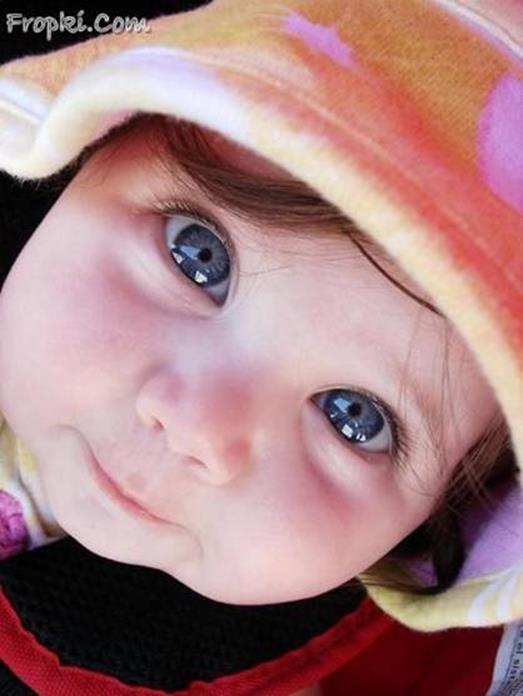After my post https://tersiaburger.com/2013/06/16/what-is-the-difference-between-alzheimers-and-dementia/
I received a couple of emails and comments that I kept private and did not approve for publication. I decided to do this post at the time. Alzheimers is a terminal disease. Alzheimers has no survivors. The harsh truth is that there is no cure. There is no treatment.
Alzheimer’s disease is not just memory loss – Alzheimer’s kills.
• In 2010, 83,494 Americans died of Alzheimer’s disease – the 6th leading cause of death in the United States overall and the 5th leading cause of death for those aged 65 and older.
• Among 70-year-olds with Alzheimer’s, 61 percent are expected to die within a decade. Among 70-year-olds without Alzheimer’s, only 30 percent will die within a decade.
• Deaths from Alzheimer’s increased 68 percent between 2000 and 2010, while deaths from other major diseases, including the number one cause of death (heart disease), decreased.
Change in Number of Deaths
between 2000 and 2010
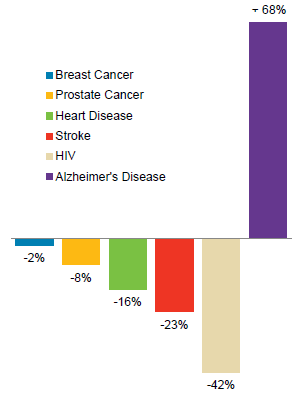
• Alzheimer’s is the only cause of death among the top 10 in America without a way to prevent it, cure it or even slow its progression.
• Dementia is the second largest contributor to death among older Americans, second only to heart failure.
Alzheimer’s disease is the 6th
Today, there are no survivors of Alzheimer’s. If you do not die from it, you die with it.
• One in every three seniors dies with Alzheimer’s or another dementia.
• In 2013, an estimated 450,000 people in the United States will die with Alzheimer’s, meaning they will die after developing the disease.
• Today, over 5 million Americans are living with Alzheimer’s disease, including an estimated 200,000 under the age of 65. By 2050, up to 16 million will have the disease.
• Of Americans aged 65 and over, 1 in 9 has Alzheimer’s, and 1 in 3 people aged 85 and older has the disease.
• Another American develops Alzheimer’s disease every 68 seconds. In 2050, an American will develop the disease every 33 seconds.
Alzheimer’s takes a devastating toll not just on those with the disease – but also on their caregivers. http://www.alz.org/documents_custom/2013_facts_figures_fact_sheet.pdf
Statistics can be extremely misleading. Alzheimer’s disease cannot be definitely diagnosed until after death, when the brain can be closely examined for certain microscopic changes caused by the disease. However, through thorough testing and a “process of elimination,” doctors today can diagnose what they refer to as probable Alzheimer’s disease with almost 90% accuracy.
My father’s death certificate stated “Natural Causes“… In South Africa and most countries, the law requires that a death investigation, or autopsy, be performed when someone dies under mysterious circumstances. Autopsies are usually done if the death was caused by injury, poisoning, infectious complications, foul play (homicide), or when someone dies without an attending physician. If any one of these criteria is present, the local coroner or medical examiner will perform an autopsy to determine the cause of death.
So what do Alzheimers Patients die from?
Stroke is a major cause of death in Alzheimer’s patients
Falling. Slower reaction time, difficulty recognizing changes in the height or depth of a step, can lead to tripping and falling. Changes in balance and coordination combined with poor memory can make it difficult for a person with Alzheimer’s to get from one place to another and avoid hazardous objects at the same time. He may miss a step while looking for a door or trying to listen to someone’s conversation.
Pulmonary aspiration. Aspiration is the entry of secretions or foreign material into the trachea and lungs. Alzheimer’s patients forget how to eat and/or swallow and might start choking on their food. The food basically goes down the wrong pipe. A tell-tale sign is when they start coughing whilst eating. This can lead to infection and pneumonia.
Pneumonia is a major cause of death in Alzheimer’s and dementia patients. Decreased mobility and pulmonary aspiration are major causes of pneumonia…
Urinary Tract Infection (UTI). An unidentified UTI can lead to sepsis which can in turn result in organ failure…
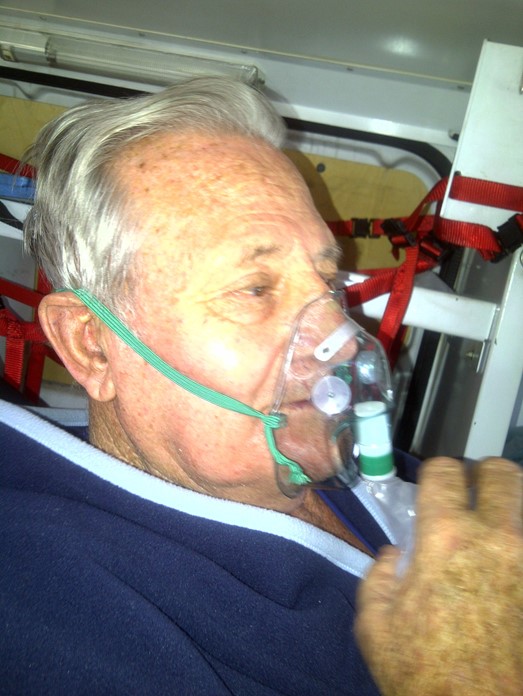
Dad in the ambulance en-route to hospital 1
On the 9th of May 2011 my dad had a bad fall. He was taken to hospital by ambulance and admitted to ICU as he required 24/7 care. On the 10th I met with the medical team. My Dad appeared to be in a coma. The Physician said that Dad had pneumonia. The Neurologist confirmed that Dad was in the Severe advanced stage of Alzheimers. The Specialist Surgeon wanted to operate on my Dad’s aneurysm….
I made the heart wrenching decision that there would be no aggressive treatment of the pneumonia. There would be no operation. The Physician agreed with my decision.
On the 14th of May I took my Dad home. Hospice evaluated Dad and accepted him as a case. Hospice started administering Morphine, Dormicum and Serenace subcutaneously and my beautiful dad was comfortable. My Dad battled to swallow and I was pretty distressed about his liquid and food intake. Dad’s core body temp had dropped to 34.5 degrees C. Hospice said that Dad’s body had started shutting down and not to worry about his food or liquid intake. On the 17th my beautiful father cried during a lucid moment because he could not articulate his thoughts and he was mumbling …
Twenty three days after his first fall my Dad lost his battle against Alzheimers when he forgot how to breathe.
Did he die from Alzheimers or pneumonia? Maybe it was the fall or even the aneurysm? His death certificate read “Natural Causes” – my Dad is not an Alzheimer statistic…
